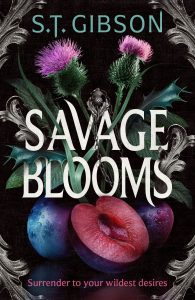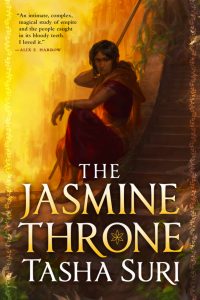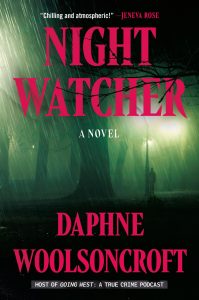
Brianna Wiest has become a familiar name in modern self-help literature, known for her introspective and poetic voice. In When You’re Ready, This Is How You Heal, she continues her mission to guide readers through emotional recovery and transformation. Following her bestselling 101 Essays That Will Change The Way You Think, this collection of more than forty-five reflective pieces explores how to rebuild oneself after loss, disappointment, and personal upheaval.
The central premise is simple yet profound: healing is not a one-time event but a lifelong process of awakening and realignment. Wiest encourages readers to see pain not as an endpoint but as a catalyst for self-discovery. Her essays focus on reframing adversity, letting go of old narratives, and embracing uncertainty as an opportunity for growth. As she writes, “Healing is not so much a chapter in your story, but changing the way you write the entire book.”
A Soothing and Reflective Companion
Readers like Rowan MacDonald describe the book as deeply moving, a work that invites slow and intentional reading. Each short essay feels like a personal conversation a gentle reminder that transformation begins with awareness. Wiest’s writing shines brightest when she reframes grief and uncertainty into opportunities for renewal. Her reflections on letting go of imagined futures and learning to rebuild meaning after loss are especially powerful. The tone is nurturing, never forceful, and the pacing allows readers to pause and absorb her words in their own time.
For many, the book’s greatest strength lies in its emotional accessibility. Shanayaa calls it “a powerful and compassionate guidebook” that integrates mind, body, and spirit in a holistic view of healing. Wiest combines gentle affirmations with practical exercises, meditations, and self-reflection prompts. Her approach encourages readers to honor their emotions without judgment, build resilience, and trust their capacity to begin again.
The Limits of Universal Wisdom
Still, not everyone finds Wiest’s message equally resonant. Some, like reviewer Stephanie, question whether the author’s relatively privileged and protected life equips her to speak with authority on hardship and healing. The critique is less about her writing talent which is undeniable and more about authenticity. Stephanie argues that effective self-help requires lived experience with pain, loss, or adversity, suggesting that Wiest’s guidance, while heartfelt, can feel detached from the raw realities of suffering.
This tension is worth acknowledging. Wiest’s prose often reads like lyrical wisdom rather than lived narrative. For readers craving research-based depth or gritty realism, her universal tone may feel too polished. But for others seeking calm reassurance rather than academic rigor, her style offers exactly the comfort they need.
Healing as a Process, Not Perfection
Despite differing opinions, When You’re Ready, This Is How You Heal succeeds in what it sets out to do: it meets readers where they are and offers words of grace for when life feels heavy. It doesn’t promise quick fixes or linear progress, but it reminds us that healing is cyclical that each ending carries the seed of beginning again.
Wiest’s essays work best when read in small doses, as moments of pause amid the chaos of daily life. Taken this way, her reflections can quietly shift one’s perspective, helping readers release the illusion of control and embrace change with gentleness and faith.
If you are navigating heartbreak, self-doubt, or the slow process of rebuilding after loss, Brianna Wiest’s words might be the compassionate companion you need.


